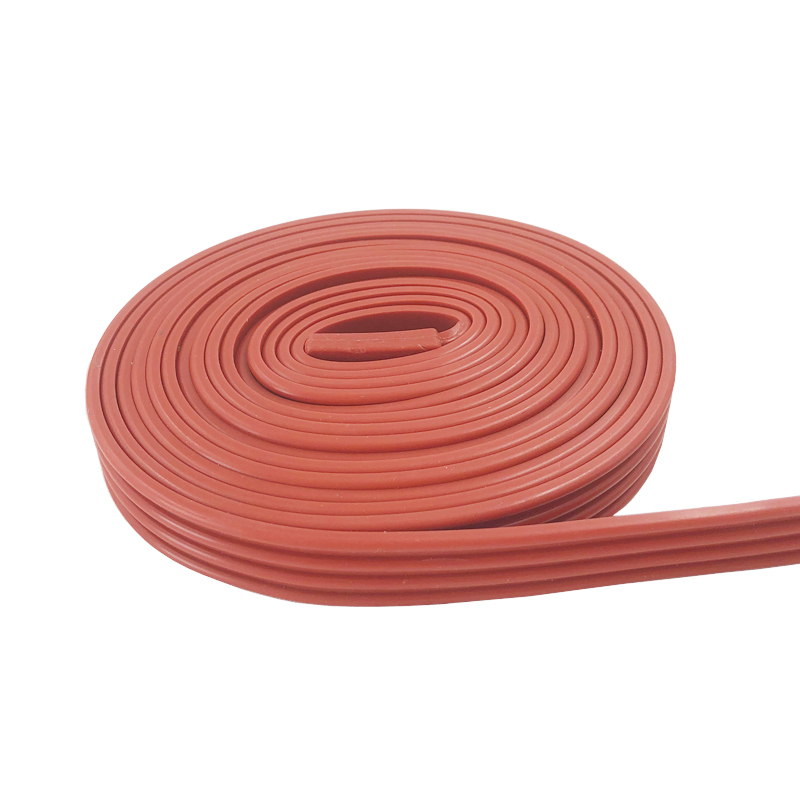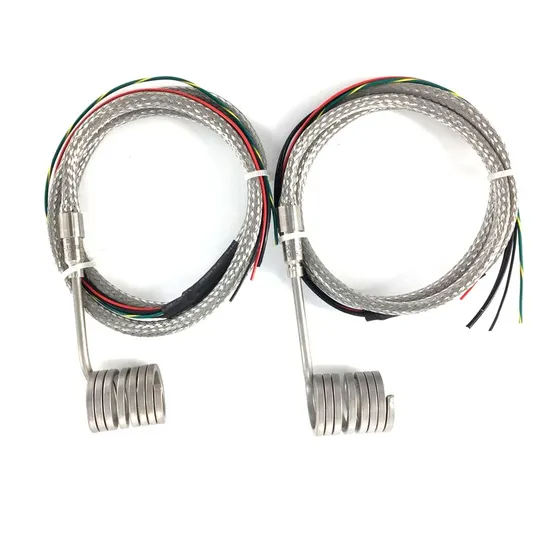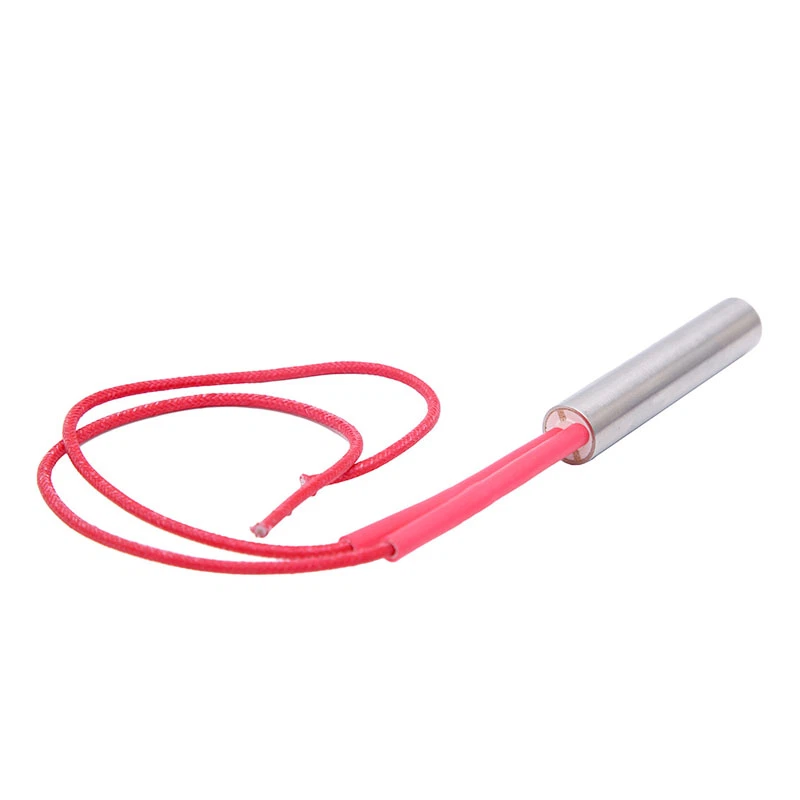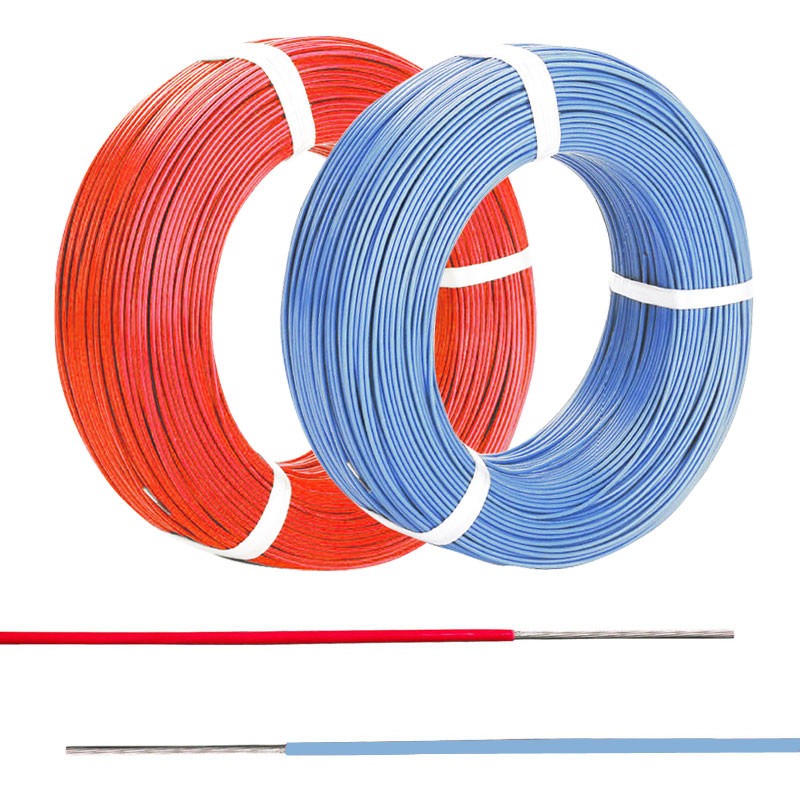Cartridge heater with thermocouple is a crucial component in many industrial and commercial applications. Selecting the right one can be daunting due to the various options available. This guide will equip you with essential knowledge to make an informed decision.
Understanding Cartridge Heaters with Thermocouples
A cartridge heater is a cylindrical heating element inserted into a drilled hole to provide localized heat. Integrating a thermocouple into the heater offers precise temperature control.
Key Components:
- Sheath: The outer protective layer, often made of stainless steel, protects the heating element.
- Heating Element: Converts electrical energy into heat.
- Magnesium Oxide: Insulating material between the heating element and sheath.
- Thermocouple: Measures the heater’s temperature and sends signals to a controller.
Factors to Consider When Buying
Several factors influence the choice of a cartridge heater with a thermocouple:
- Wattage: Determines the heater’s power output. Higher wattage for faster heating, lower for delicate applications.
- Voltage: Matches the available power supply. Common options include 110V, 220V, and 240V.
- Diameter and Length: Ensure the heater fits the target application’s hole size.
- Thermocouple Type: Choose between J, K, or other types based on temperature range and accuracy needs.
- Sheath Material: Select based on the environment, considering factors like corrosion resistance and temperature limits.
- Lead Wire Length: Ensure sufficient length for connection to the controller.
- Mounting Style: Consider options like straight, angled, or flanged based on installation requirements.
Applications of Cartridge Heaters with Thermocouples
Cartridge heaters with thermocouples find applications in various industries:
- Plastics: Mold heating, extrusion processes, and hot plate applications.
- Packaging: Sealing and cutting processes.
- Food Processing: Cooking, heating liquids, and sterilization.
- Medical Equipment: Sterilization, temperature control, and warming devices.
- Automotive: Engine block heating, component drying, and paint curing.
Benefits of Using Cartridge Heaters with Thermocouples
- Precise Temperature Control: The thermocouple ensures accurate temperature maintenance.
- Efficiency: Targeted heating minimizes energy consumption.
- Versatility: Suitable for various applications and industries.
- Durability: Built to withstand harsh environments.
- Safety: Integrated thermocouple enhances safety by preventing overheating.
Installation and Maintenance Tips
Proper installation and maintenance are crucial for optimal performance and longevity.
- Clean Installation Area: Remove debris to prevent damage to the heater.
- Secure Mounting: Use appropriate clamps or holders to prevent movement.
- Thermal Conductivity: Ensure good thermal contact between the heater and the heated material.
- Regular Inspection: Check for signs of wear, damage, or contamination.
- Calibration: Periodically calibrate the thermocouple for accuracy.
Choosing the Right Supplier
Selecting a reputable supplier is essential for obtaining high-quality cartridge heaters. Consider the following:
- Experience and Expertise: Choose a supplier with a strong track record in the industry.
- Product Range: Ensure the supplier offers a variety of options to meet your needs.
- Customization Capabilities: Look for suppliers that can provide custom solutions.
- Customer Support: Reliable after-sales support is crucial.
Last Word
By carefully considering these factors and following best practices, you can select the ideal cartridge heater with thermocouple for your application and optimize your system’s performance.














